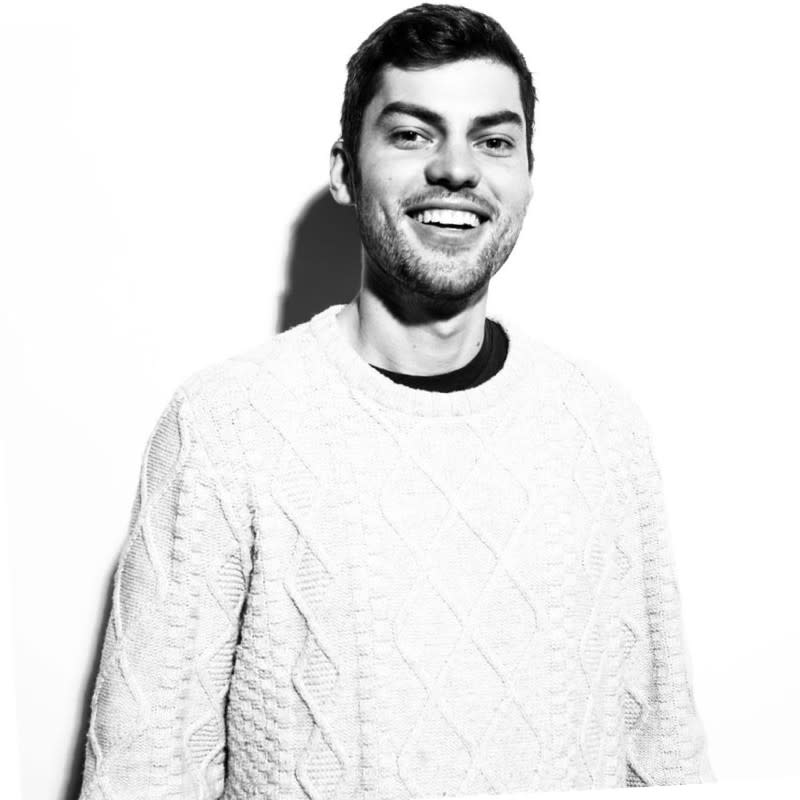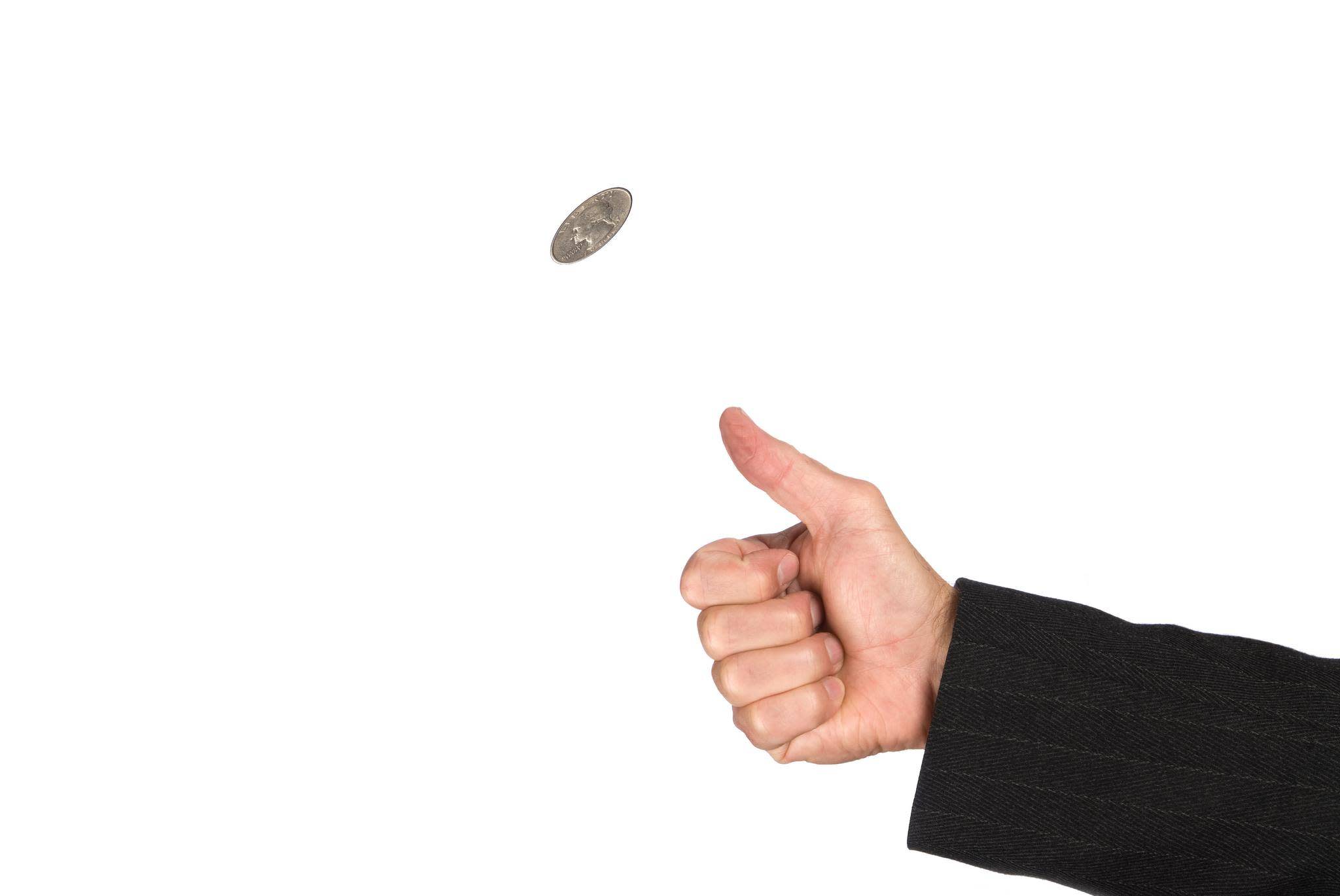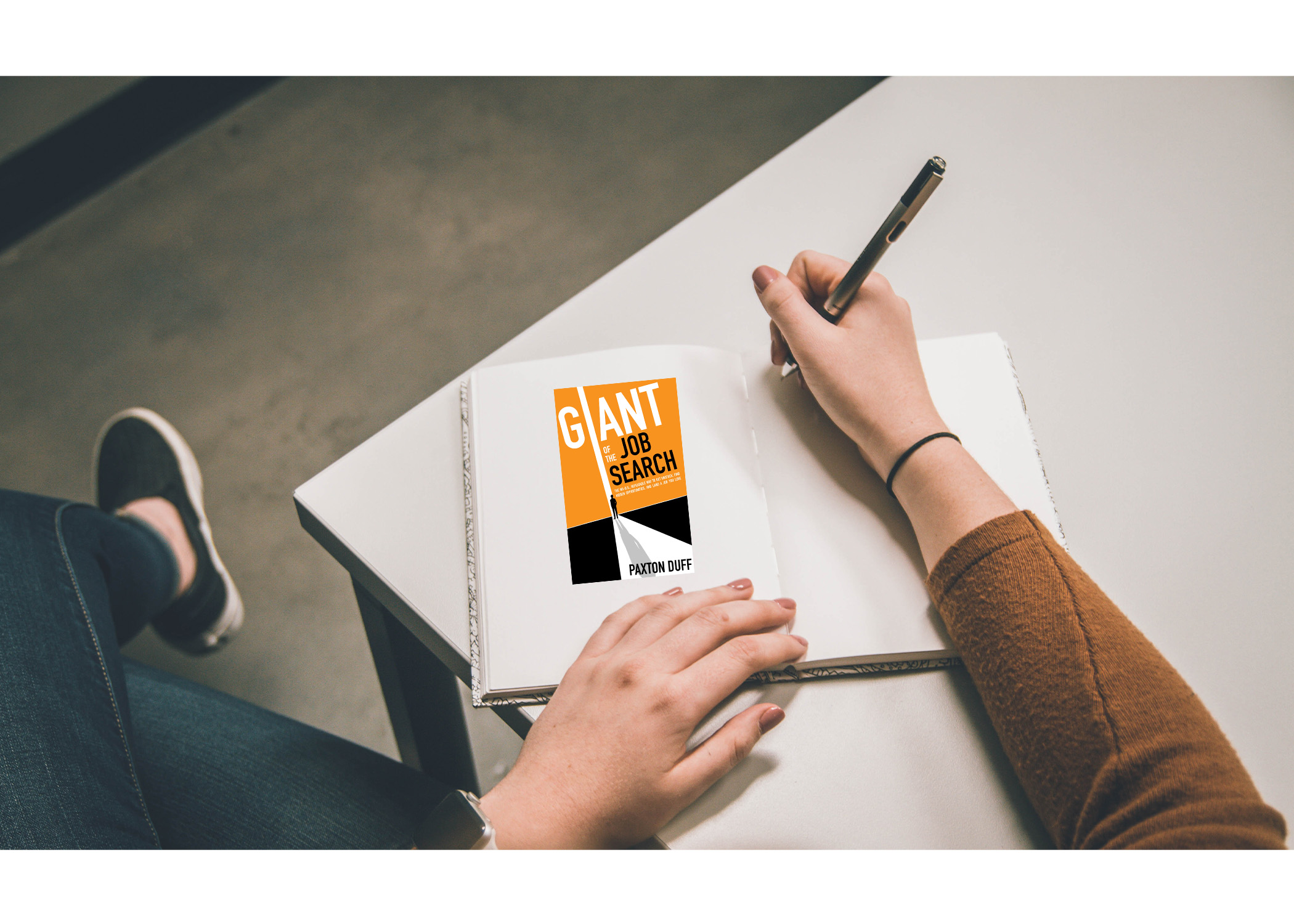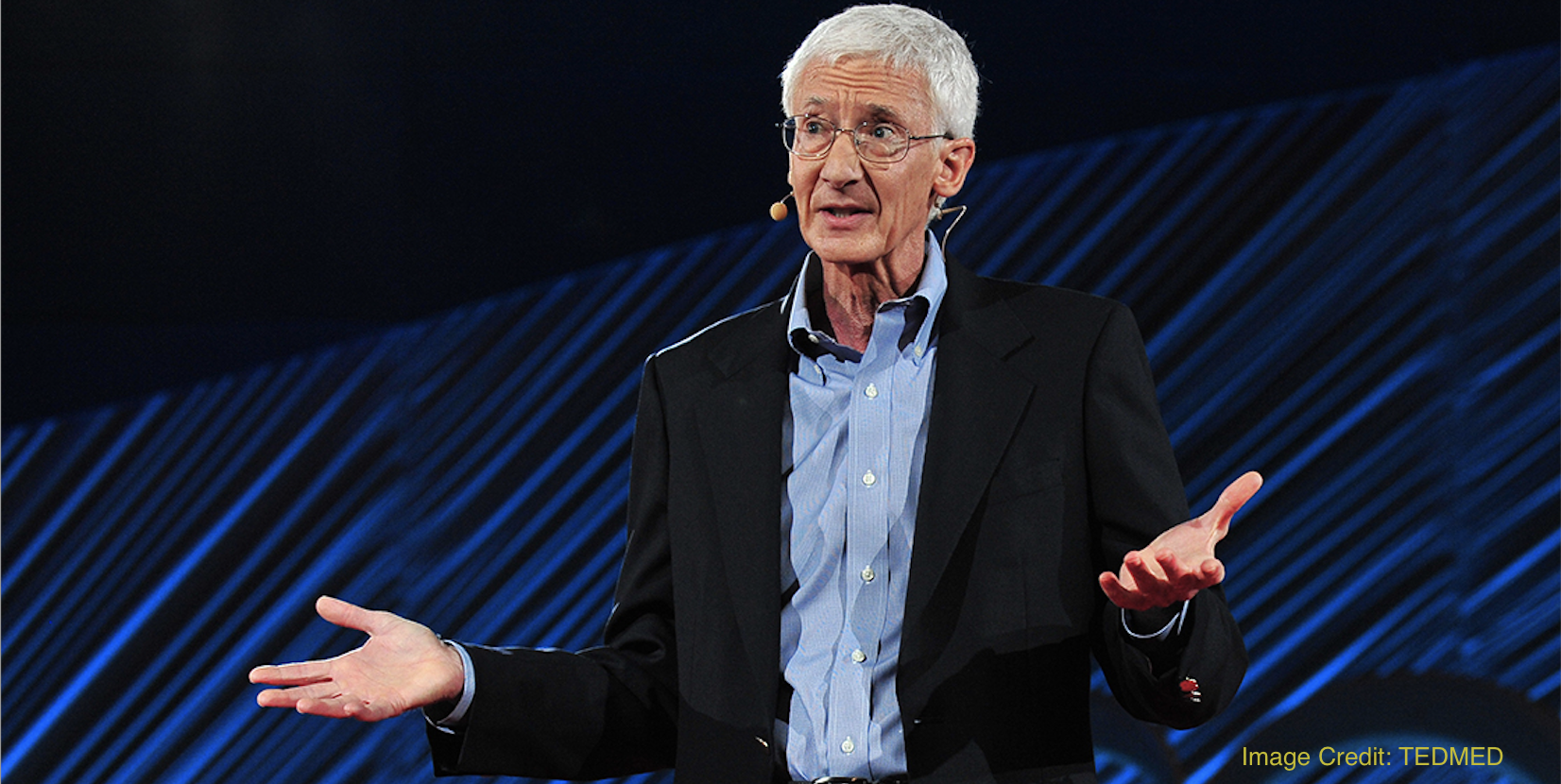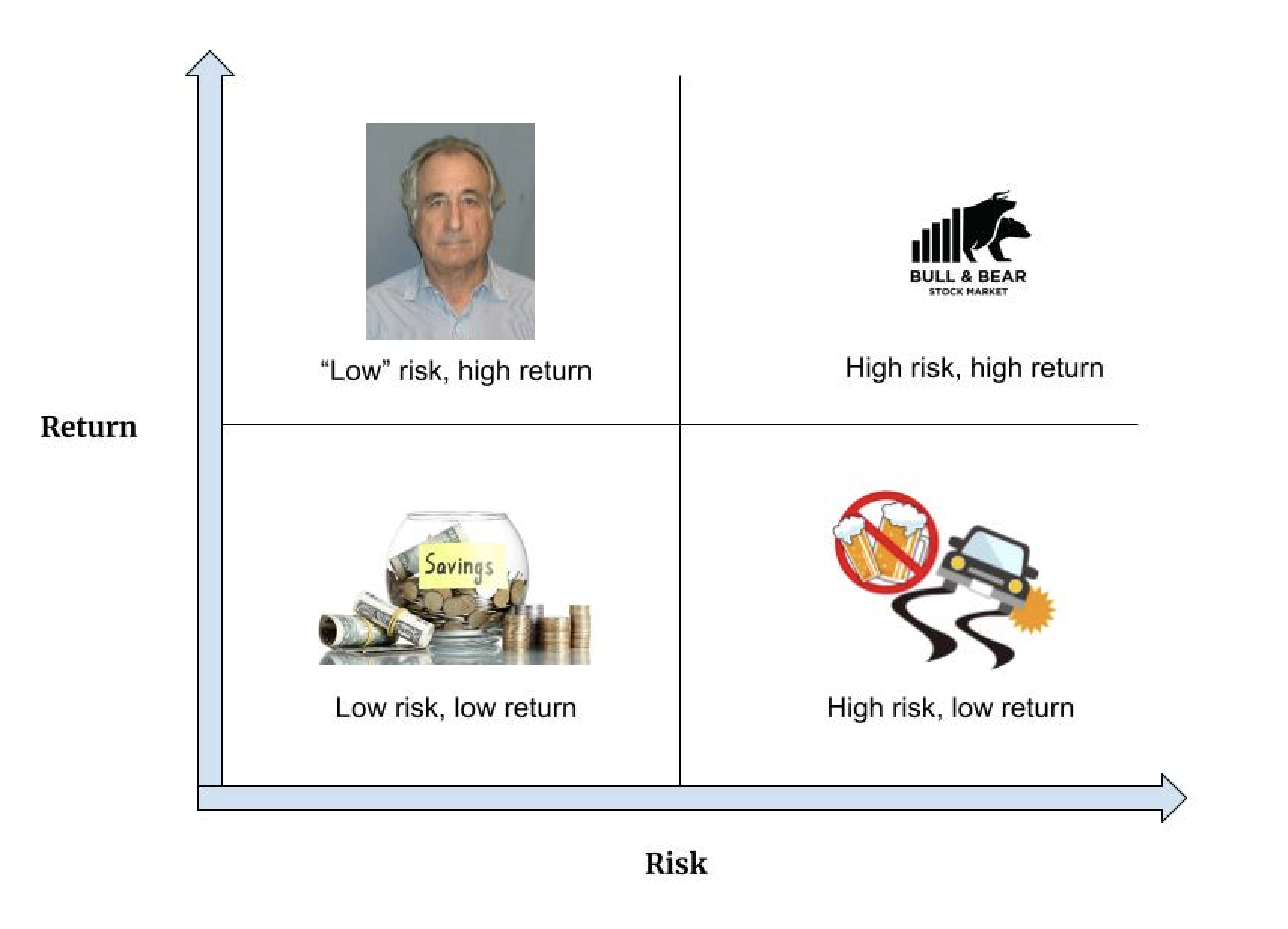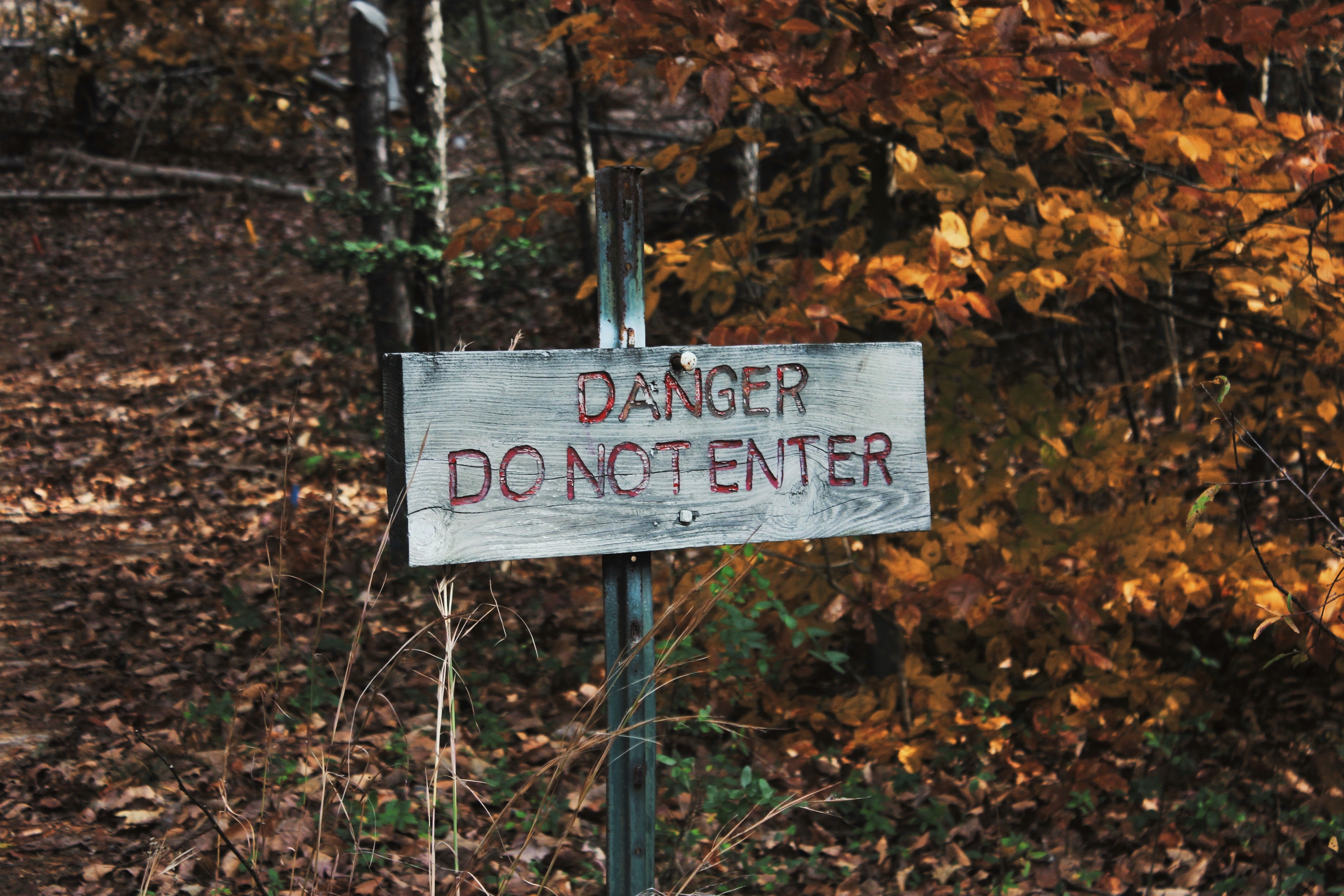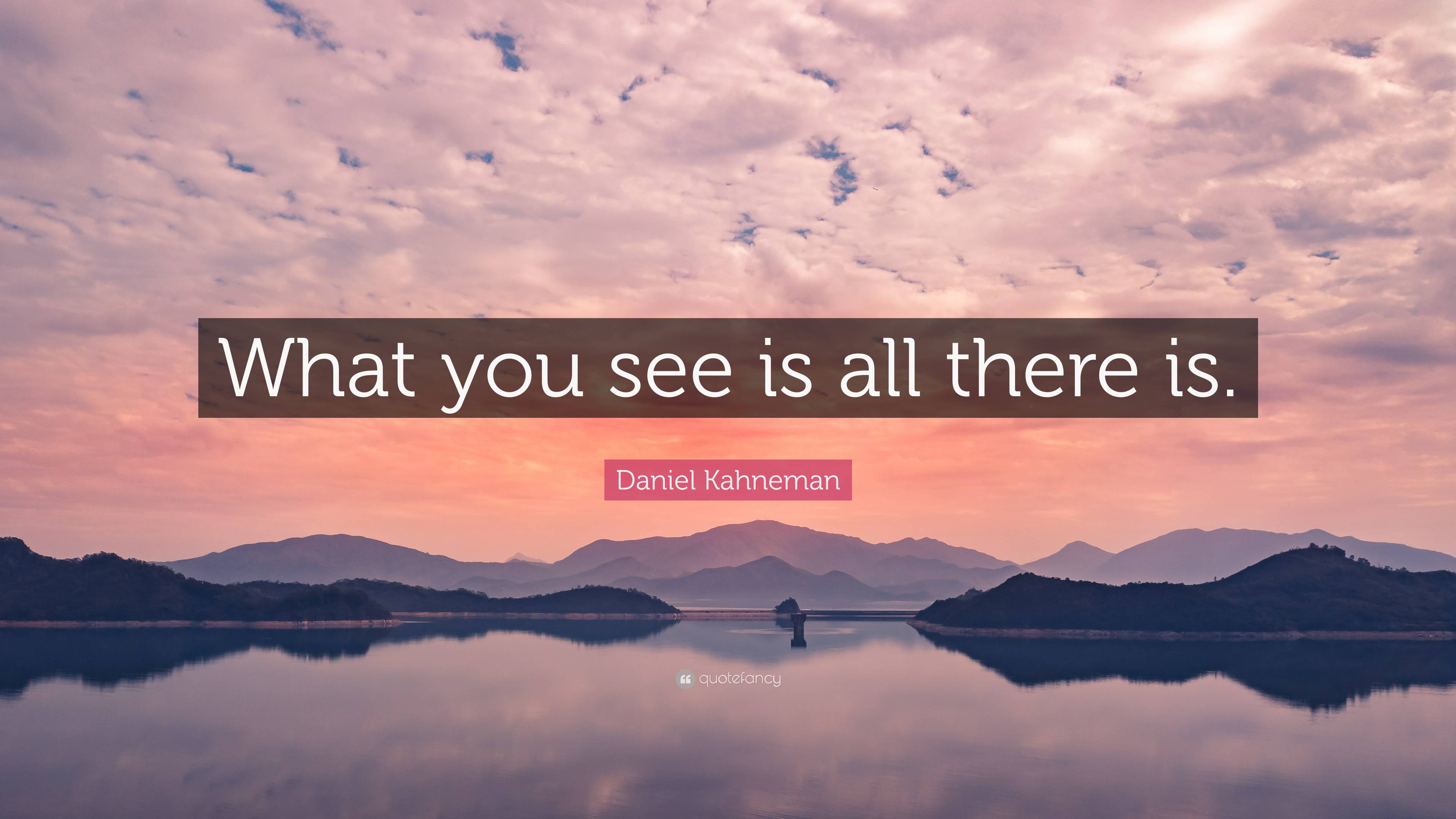Flipping Coins and is the NFL Rigged?
Think back to something you did in summer 2015. Look at old photos if you must. Now, close your eyes and picture yourself back there. Embody that person. Open your eyes.
It’s summer 2015, and you reach into your pocket/purse and find a quarter. (Even non-weirdos have change in 2015.) A stranger walks by and bets you a dollar that it will be heads. “You’re on,” you say.
*flip* “COME ON TAILS!” you shout, more loudly than you intended.
Heads
“Ok let’s play again, double or nothing,” says the stranger. “Sure” you say.
Heads
“Ok let’s play again, double or nothing.” “Fine,” says you.
Heads
"One more time?" "...Ok, yes," you say.
Heads
You are tired of losing, and now you’re down to your last $11 (2015 still hits home for me), so you hand the stranger $8 and walk away.
Damn, that was bad luck, you think to yourself. But since you understand probability, you realize that even 50/50 odds can go the same way 4 times in a row.
You’re now bored, so you start scrolling on Facebook (again, 2015) and see a news story about the Republican primaries: “Donald Trump has 14-1 odds to become the next president, down from 100-1 odds at the beginning of 2015,” it reads.
Yeah right, you say to yourself. That would never happen. (I'm not here to judge, as I remember saying that myself.) Yet, moments before you read that news headline, you witnessed an event occur that had even worse odds than Trump's reported chances. The odds of flipping four heads in a row are ~6% (1 in 16), compared to 7% for Trump winning (1 in 14).
When heads appears four times in a row (1 in 16 odds), we assign no deeper meaning to the chance event. Yet, people spent millions of hours analyzing the causes that "inevitably" allowed a 14-to-1 long shot to become president. The average American's worldview dramatically changed between Monday and Wednesday that November, but I believe it changed for the wrong reason: the result of who won the race.
We're a results-oriented people, so we become myopic towards outcomes. When something unexpected happens, we grant it round-the-clock news cycles where people confidently explain how and why the unexpected happened. When the expected occurs, on the other hand, we carry on like everything is great. This all-or-nothing view of the world is not in tune with reality, since reality involves probability. Probability tells us that just because the "good" result happened does not mean all is well, that the outcome wasn't mere luck.
It's dangerous to ignore near misses: if one state swung Hillary's way and she won the election, it would be a mistake to view the outcome (a Hillary victory) as a sign that America was in great working order. In other words, America at the time of the election had the same challenges (globalization, automation, xenophobia, social media, rising inequality, etc., etc.) regardless of who won the coin flips. The election was not equivalent to a healthy family getting struck by lightning.
So, why do we become myopic towards the outcome in a presidential race, yet seem to perfectly understand probability during a series of literal coin flips?
The reason is that outside of Vegas, or when the odds are cleanly laid out before us in math class, we do not view the world through the lens of probability. Instead, we view the world with determinism (hence, the focus on outcome) and start to create simple narratives, or even conspiracies, to explain why something with a low probability of occurring occurred.
We flee to determinism because we ignore the foundation of probabilistic thinking: "considering that alternative outcomes could have taken place, that the world could have been different." That quote comes from Nassim Taleb's Fooled By Randomness, which is the first book in his Incerto series (my favorite nonfiction series).
To restate Taleb: the future has many possible outcomes, and no outcome is inevitable (besides The Rock making a lot of money). As soon as the future arrives, and the (now) alternative outcomes don't happen, the alternative outcomes appear as if they were never going to happen. We understand, intellectually, that the past wasn't inevitable, but it's hard to carry around a probabilistic view of the past. We evolved to view the past using cause-and-effect explanations; and, in a world more complex than ever before, we now also deploy the occasional conspiracy if we can't easily explain something.
Preying on our instincts to ignore probability, news networks appeal to emotion to stoke our narrative habits. We have to fight the instinct to revert to comfortable explanations, and we must see unlikely events for what they are—things that happen all the time. Let's say there are 10,000 things that normally occur in a day, and each has a 99.99% chance of happening, which is a 1/10,000 chance of not happening. Given the large number of things happening, one of them is unlikely to happen.
Of course, if you focus on one specific thing out of those 10,000, it will almost definitely happen. But something (i.e. at least one of the 10,000) is indeed likely to go wrong. It's like the difference between you winning the lottery and someone winning the lottery: you can't be surprised that something wild happens, because plenty of wild things happen every day. We just only pay attention to the small subset of things that we care about.
In summary, these two statements can be true:
The future is probabilistic. Something with low odds of occurring can still occur, and we have to recognize that the improbable outcome wasn't inevitable. The number of "alternative" outcomes is much greater than the one actual outcome, but the alternative outcomes disappear from our minds as soon as they don't happen. The "86% percent" of alternate universes in which Trump wasn't our president don't feel real to us, but those 86% certainly felt real in 2015.
The context of the world moments before something happens is still the context when an event takes place. The challenges in America in 2016 existed the day before Trump was elected, and they existed the day after as well. It was a mistake to view them as inevitable predictors of the election, and it would have been an equal mistake to ignore the challenges if a few swing states had gone Hillary's way.
A mistake is a mistake, even if it was an unlikely accident. Conspiracies rarely lie underneath. Speaking of...
Is the NFL Rigged?
We readily accept a world based on odds when we flip a coin, but in the context of a football game, like an election, we instead choose a world of storylines.
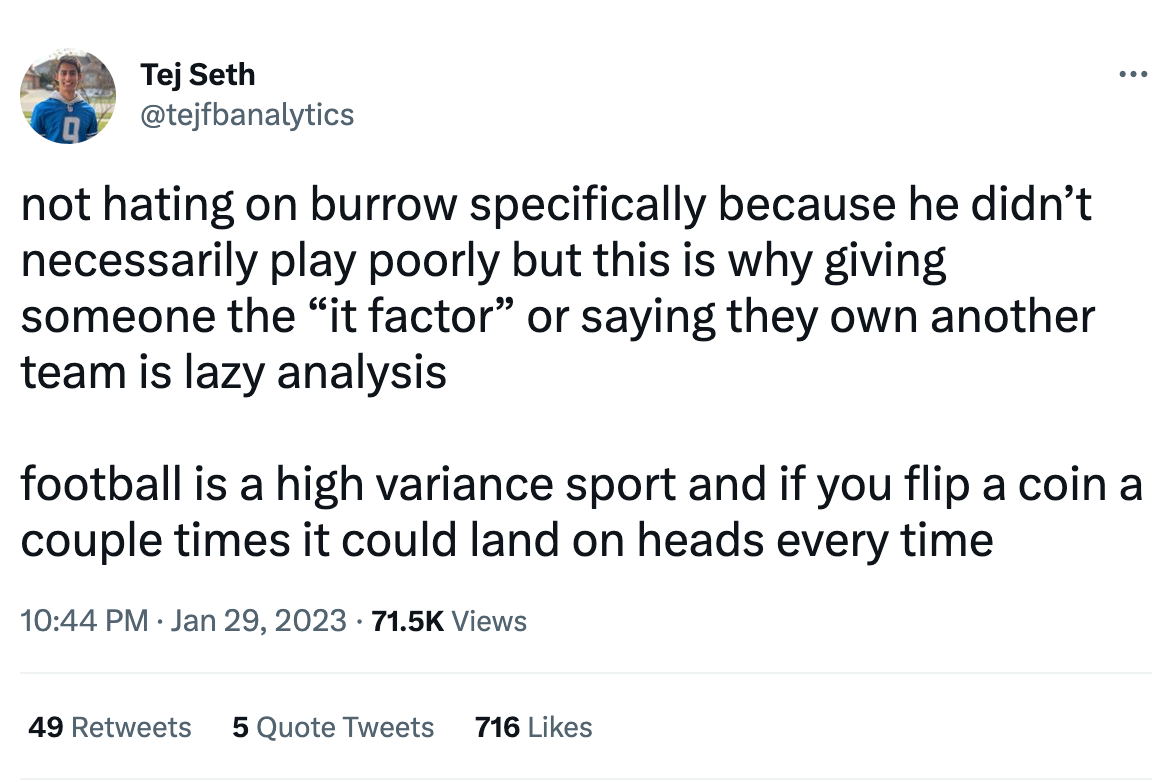
A kicker somehow hits two poles and misses the field goal, and he's a choke-artist. If the ball deflects two centimeters differently, he'd be a hero. Those distinctions are black-and-white, but should something that was decided by 2 centimeters be so black-and-white?
Last Sunday, the referee and his fellow officials had a bad game in Kansas City. They missed some calls, and a few were egregious (e.g. giving the Chiefs an extra play because the officials mistakenly ran the clock on the play before, then realized it too late). But does that mean the NFL asked the officials to favor golden-boy Patrick Mahomes in their calls?
Let’s say that one of the questionable calls was 75/25 in favor of going the Bengals’ way. The refs missed the call. It happens again, another 75/25 call that goes the Chiefs "25%" way.
And then... it happens a third time! A call that normally goes one way instead goes in favor of the Chiefs, and it happened on three straight plays. (The bad calls in the actual game were not consecutive, to be clear.)
The Bengals are on the wrong side of three straight 75/25 calls. That's impossible. What can this mean?
Each one of those calls were bad. Like most NFL fans, I'm tired of the Chiefs mini-dynasty, so the instinct is to call for the firing of the entire officiating crew, bring in an independent FBI investigation, and expose the NFL as the WWE once and for all.
But missing three straight 75/25 odds has identical odds (1/64) as flipping heads 6 times in a row. And if you wanted to flip coins for a couple hours, 6 straight heads would almost definitely happen.
The refs did a terrible job, but that sequence of calls had more than a 1% chance of happening. It's still a bad outcome, but it's only a bad outcome because refs usually get it right. By definition, if it was a fluke, we didn't expect it to happen. Something that unexpected is clearly a low-chance event—it just happened at a bad time with so many people watching, which, like a presidential election, makes us rush to narratives and convenient explanations.
We either have to accept that—because of probability—football officials will sometimes look incredibly incompetent, or delude ourselves with conspiracies. After we make that choice, we can apply that worldview everywhere else in life.
Super Bowl lock of the week
Anyway, I encourage you to bet heads on the Super Bowl pre-game coin toss. I allow myself to make one NFL bet per year and always bet $50 on tails, so I need some smart money to take the other side of the bet and drive up my odds. Thank you.
